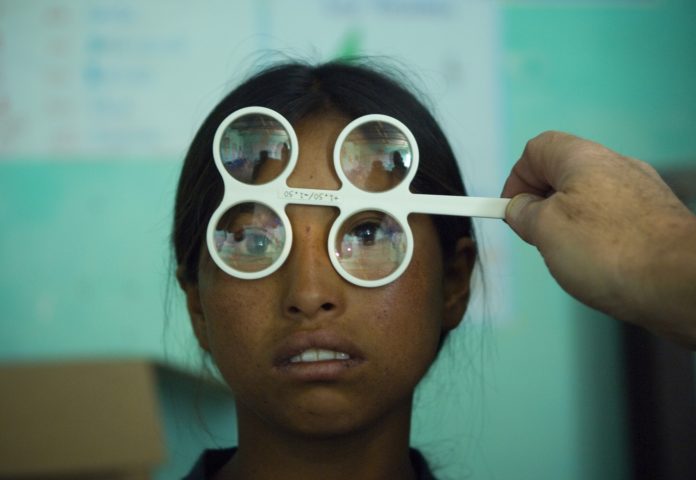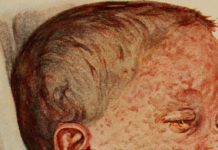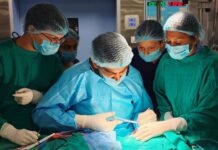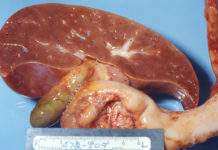
This year, Universal Health Coverage (UHC) is the theme of World Health Day that is observed on April 7
With Universal Health Coverage (UHC) as the theme of the upcoming World Health Day on April 7, World Health Organization has called upon countries in its South-East Asia Region to step-up efforts towards UHC.
WHO definition of Universal Health Coverage (UHC) includes financial risk protection, access to quality essential health-care services and access to safe, effective, quality and affordable essential medicines and vaccines for all.
“Universal health coverage is central to improving health and well-being – a fundamental human right. It is also imperative for a country’s well-being as healthier populations create more productive economies,” said Dr Poonam Khetrapal Singh, Regional Director of WHO South-East Asia.
Universal health coverage (UHC) is a flagship programme of WHO in the Region since 2014. The “Tracking Universal Health Coverage: 2017 Global Monitoring Report” published last year in Lancet Global Health shows that currently, 800 million people spend at least 10 percent of their household budgets on health expenses for themselves, a sick child or other family member. For almost 100 million people these expenses are high enough to push them into extreme poverty, forcing them to survive on just $1.90 or less a day.
In India an estimated 100 crore people have no health cover. Data from the National Health Profile, show that only 27% Indians – approximately 35 crore people – have health cover.
In India an estimated 100 crore people have no health cover. Data from the National Health Profile, show that only 27% Indians – approximately 35 crore people – have health cover. Though the Union cabinet last month passed the National Health Protection Mission which will provide a Rs 5 lakh health cover to 10 crore families every year, and is expected to become a UHC template, questions about implementation and funding continue to dog the plan.
Nearly half of the WHO South-East Asia Region’s population still lacks full coverage of essential health services. Significant inequalities persist. Poorer people, and those in rural areas, have lower access than richer people, and those living in urban areas.
Some 65 million are pushed into extreme poverty, mainly due to paying out-of-pocket for medicines, especially for non-communicable diseases such as heart disease, diabetes etc, and other common ailments.
Dr Khetrapal Singh said more efforts are needed to increase human resources for health, enhance skills of health workers and aid staff retention in rural and hard-to-reach area, to ensure quality health services are available for everyone, everywhere.
Health services must be planned around the needs of the people, she said, highlighting that by 2020 more of the region’s population will be over 60 than under-five. Hence, ageing population, reversing the growing burden of non-communicable diseases, and early detection and timely treatment of infectious diseases, should be the focus of frontline services.
Increasing access to quality and affordable essential medicines is also fundamental. Paying out-of-pocket for medicines is the leading cause of financial hardship from health care spending in this region, the regional director said.













